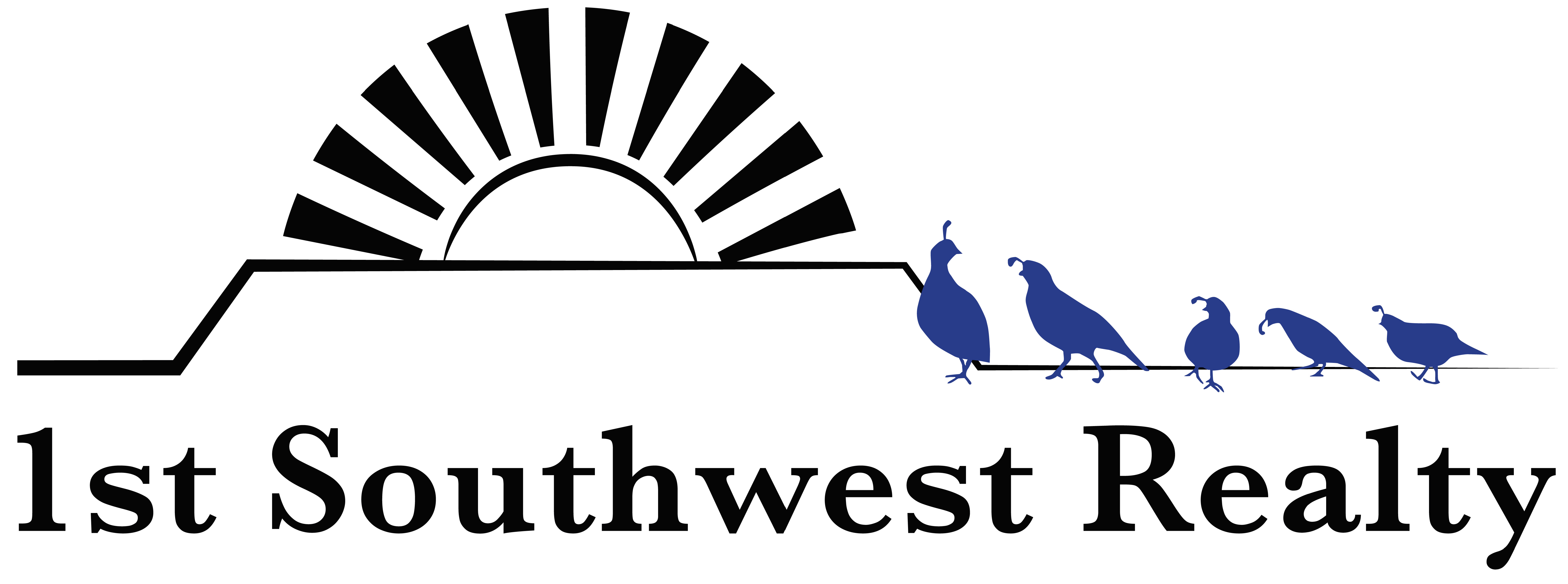Attorney Scott M Drucker, General Counsel for the Arizona Association of Realtors, October 2016 with Comments from Pat Hune, Broker, 1st Southwest Realty
Recently I met a couple at a social event and they were very unhappy with their Home Owner’s Association. The landscaping was not properly maintained, the streets were deteriorating, the pool was green, the roofs were not being maintained and the community was generally falling into disrepair. They were concerned it would decrease the value of their property. They were absolutely right to be concerned. When a community is clean, looks well maintained and all the mechanical items are functioning buyers are more likely to want to live there. If the community does not look good it may make the buyers wonder what they are getting for their HOA dues. I asked what the last recent reserve study said the owners should be allocating for maintenance to keep the property looking good. They responded with “What is a reserve study?”
Attorney Drucker describes a reserve study as follows: “A typical reserve study consists of two parts: a physical analysis and a financial analysis. By way of the physical analysis, the condition of common area, building and grounds components are evaluated. The remaining useful life of each component is determined and the repair or replacement cost is estimated. By way of the financial analysis, the reserve study compares the association’s current reserve funds to what should be set aside to ensure that the association has adequate funds to cover such repairs and replacements.” It is recommended the HOA has a reserve study done at least once every five years. Click the link below to see the entire article.
I own a property in an HOA and was once an HOA president so I can speak from experience. If there has not been a recent reserve study then this may not be a good property to buy. In addition, the HOA needs to have enough money in reserve to cover upcoming maintenance. When buying a property located in an HOA the HOA is required by Arizona law to provide a financial statement, amount of money in the HOA’s reserve account and a copy of the latest reserve study if available. Unfortunately, there are no Arizona statutes requiring the HOA to do a reserve study or have a certain amount of funds available for property maintenance. In addition, some mortgage companies will not loan money on a property where the HOA is insolvent. This will limit the buyer pool, resulting in decreased property values.
One issue is during the real estate bust, many owners stopped paying their HOA dues and mortgage payments. When the mortgage holder foreclosed there was no requirement for the back HOA dues to be paid. As a result, many HOA’s lost thousands of dollars essentially stripping them of ability to build the cash reserves needed for future maintenance.
What happens when the HOA runs out of money? Either the HOA stops doing the needed maintenance, increases the HOA dues or levies a dreaded “special assessment” on all the current owners. Some HOAs have established a capital contribution fee that is required to be paid every time a property changes hands to keep adequate money in the reserve fund for future maintenance. The bottom line is before buying a property in an HOA be sure to ask a lot of questions about the financial state of the HOA.
The next question, is it worth spending the money to get a reserve study? Well maybe. It doesn’t take a reserve study for homeowners to figure out what upcoming major repairs are needed and what is needed for future maintenance. For example, if the asphalt shingle roof is 20 years old the HOA had probably better do special assessments or increase dues to build up financial reserves for this repair. If the pool equipment is more than 10 years old then the HOA board will know the equipment probably needs replaced.
The issue becomes does the HOA spend money on a reserve study that does not tell them anything they did not already know or do they use the money for maintenance. As noted above some mortgage companies need to confirm the HOA is solvent or they will not lend on the property. My best advice is to have contractors and an accountant figure out the cost of each big maintenance item and start working toward squirreling the money away as soon as possible.
